Poets Make the Best Rebels
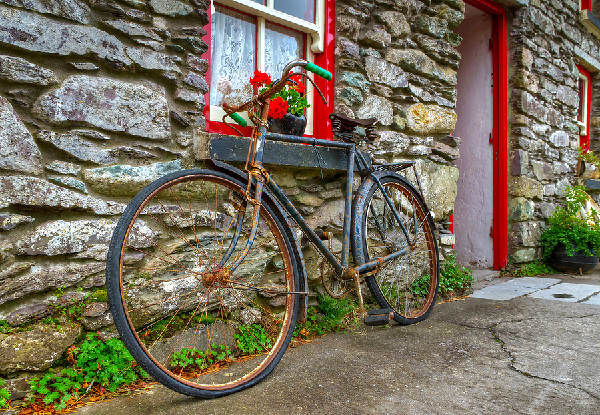
” The history of a nation is not in parliaments and battlefields, but in what people say to each other on fair days and high days, and in how they farm and quarrel and go on pilgrimage…”
– William Butler Yeats
Sisters. Love. Ireland
I began to write An Excess of Love with three hopes in mind: to write a love story set in the last poetic revolution of our time – perhaps of all time… to explore the unbreakable bond of love and friendship that can exist between sisters… to untangle the roots of Ireland’s eternal war with England – the latter, a tricky task.
Yeats had said, “The history of a nation is not in parliaments and battlefields, but in what people say to each other on fair days and high days, and in how they farm and quarrel and go on pilgrimage…”
I believe that’s so, and I hope my story helps you better understand the Irish struggle to be free of England – but An Excess of Love is no more a political novel than Gone With the Wind was a novel about the politics of the Civil War.
As I started to do serious research on An Excess of Love, I wanted to tell a visceral of idealism and revolution… not simply the panorama of history as historians see it, but the everyday lives of human beings caught in a moment bigger than themselves.
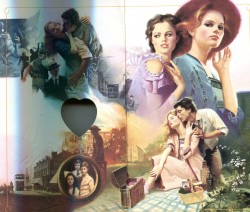 Everyday Lives
Everyday Lives
An Excess of Love is the tale of two sisters, Constance and Elizabeth Fitzgibbons, born in the 1880s into the wealthy Protestant Anglo-Irish Ascendancy Class in Ireland. It’s their love for each other, for Ireland and for two remarkable men that plunges them into the agony of Irish revolution in 1916.
My story is set in an Ireland aching under the weight of its own bloody history… a place about to explode into a violent war for independence.
A new century had spawned new social awareness – women wanted the vote, a world war was being fought, the sun had not yet set on the British Empire, but it was certainly headed over the yarndarm.
Against this backdrop, Elizabeth, the elder sister in my story, has chosen to marry an Earl and settle down to a life of parties, balls and hunts, the noblesse oblige lifestyle of the Colonial rich. Constance, more spirited and iconoclastic than her sister, chafes at the restrictions of her velvet life and runs away to Dublin with a handsome young poet and playwright who dreams of being a revolutionary.
Two Different Dublins
I learned the truth of the totally different worlds each sister would inhabit. Beth’s Dublin was that of the rich, a city glittering with the elegance of an imperial capital. In the parks the band of the Royal Hussars paraded resplendently and filled the air with the music of a martial Empire. British military heroes were immortalized all over Dublin in statuary, and cavalry squadrons in military splendor galloped prettily through the parks and streets as if they owned them.
At night, 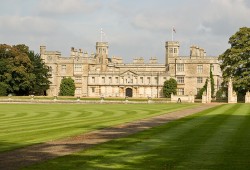 the lovely Dublin squares were lit by candlelight spilling from crystal chandeliers in the ballrooms of the rich. Waltz music wafted through the courtyards, and dressmakers like Mrs. Simms, “the Worth of Dublin,” were kept in a constant state of lucrative exhaustion by the young ladies who came to the city to be presented to the Viceroy, the Queen’s representative in Ireland.
the lovely Dublin squares were lit by candlelight spilling from crystal chandeliers in the ballrooms of the rich. Waltz music wafted through the courtyards, and dressmakers like Mrs. Simms, “the Worth of Dublin,” were kept in a constant state of lucrative exhaustion by the young ladies who came to the city to be presented to the Viceroy, the Queen’s representative in Ireland.
“I have been told,” wrote a socialite of some renown, “that for magnificence and brilliance, only the Indian vice-regal court can compare with the Dublin Castle Season.” This was a particularly apt comparison since Ireland at the time was garrisoned with more British forces than the entire subcontinent of India. I think it’s safe to say that it has been Ireland’s misfortune to be so close geographically to her Britannic colonizer. A catastrophe of convenience, you might say.
Dear Darling Dublin
The Dublin of Constance, the fiery younger sister in my story was that of the poor and desperate – a tenement town in which one quarter of the people lived in poverty that beggared description – 22,000 desperate people living in places that even a jaded officialdom had labeled uninhabitable – Dublin had been dubbed the worst slum in Europe.
It was a city in which the derelict remains of gracious old Georgian houses had been turned into slum dwellings, with a different family, or several of them, occupying each of the rooms that had once rung with the carefree laughter of the rich.
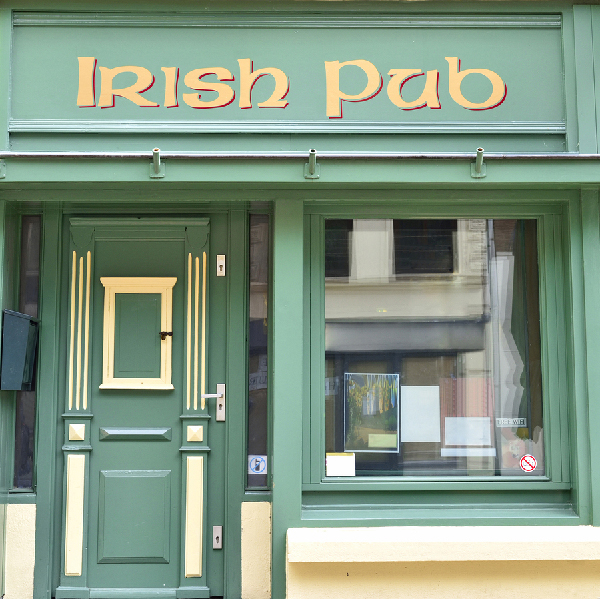
Iter of the rich. A city with the highest death rate in Europe and the lowest per capita income. A city in which 2,866,084 pawn tickets were issued in the single year of 1912.
A city in which so many young children searched the Dublin garbage daily for food scraps that a name was needed to describe them, so they were christened the “dustbin children.”
Somewhere between these two extremes, but with a foot in each camp, there was a burgeoning and dazzling literary renaissance.
Poets, Playwrights, Patriots
In the course of a single day in that Dublin you might see William Butler Yeats escorting Maud Gonne through the streets, or Oliver St. John Gogarty, crotchety in his rose-pink waistcoat, or James Joyce and a group of his fellow students laughing heartily at the expense of the Empire. Sean O’Casey played a horn in a park band when he wasn’t being a dockworker to make ends meet.
It was a moment, in the words of James Joyce, “when free men’s morals lived in the broadest way imaginable. Before Joshua and Judges had given us Numbers or Leviticus had committed Deuteronomy.”
A Woman’s Place in 1880
In my story, Beth’s marriage forces her to seek within herself for strength and independence in a cossetted, structured life of airless propriety. Her efforts to grow beyond the confines of her husband’s callous cruelty, l eads her into a forbidden love affair with a famous revolutionary and into the growing women’s rights movement.
eads her into a forbidden love affair with a famous revolutionary and into the growing women’s rights movement.
You see, to be born female in the 1880s when my characters were born, meant that you lived under some man’s control your entire life. First, your father’s, then your husband’s, finally your son’s or your brother’s, if you lived long enough. It was assumed that as a woman you needed guardianship because you were congenitally incapable of self-government.
You could not own property… you could not have custody of your children… you could not sign a will or legal document… you could not vote… you could not support yourself outside the home except by menial labor… you could not divorce without your husband’s consent.
Your husband could consign you to an asylum for the insane if he so chose… you could not do the same to him.
It was assumed that from your birth, home, church and family would comprise your needs.
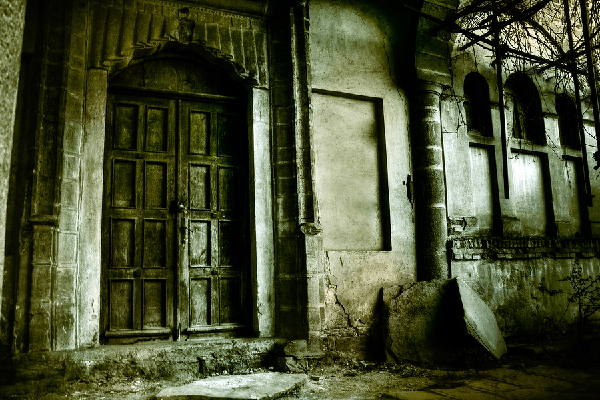
You had no sexuality, except that permitted by your husband… you had no rights under the law and no legal status as other than chattel. In my story, Beth struggles to become more than fate has decreed for her, and in so doing she becomes embroiled in a revolution. And, in a desperate effort to keep her beloved sister from execution by the British.
The Troubles
An Excess of Love spans the years from 1887 to 1923. The love story is set against the backdrop of the Easter Rising and the years known in Ireland as “The Troubles” which culminated in the country’s partition into two separate entities, the North Six Counties owned by the Brits, the South an independent country. The conflict and all that provoked it explains the beginnings of the IRA, the modern Irish Republican Army.
Research
In an effort to do justice to this cataclysmic time, I read diaries, private papers, letters from the turn of the century and any first person material I could lay my hands on. I listened to radio tapes and saw film footage of interviews with survivors of 1916 which had been recorded in ’66 for the 50th anniversary of the rising. I managed to establish a heartwarming correspondence with a remarkable nonagenarian who had actually fought at the barricades with Mick Collins during The Rising.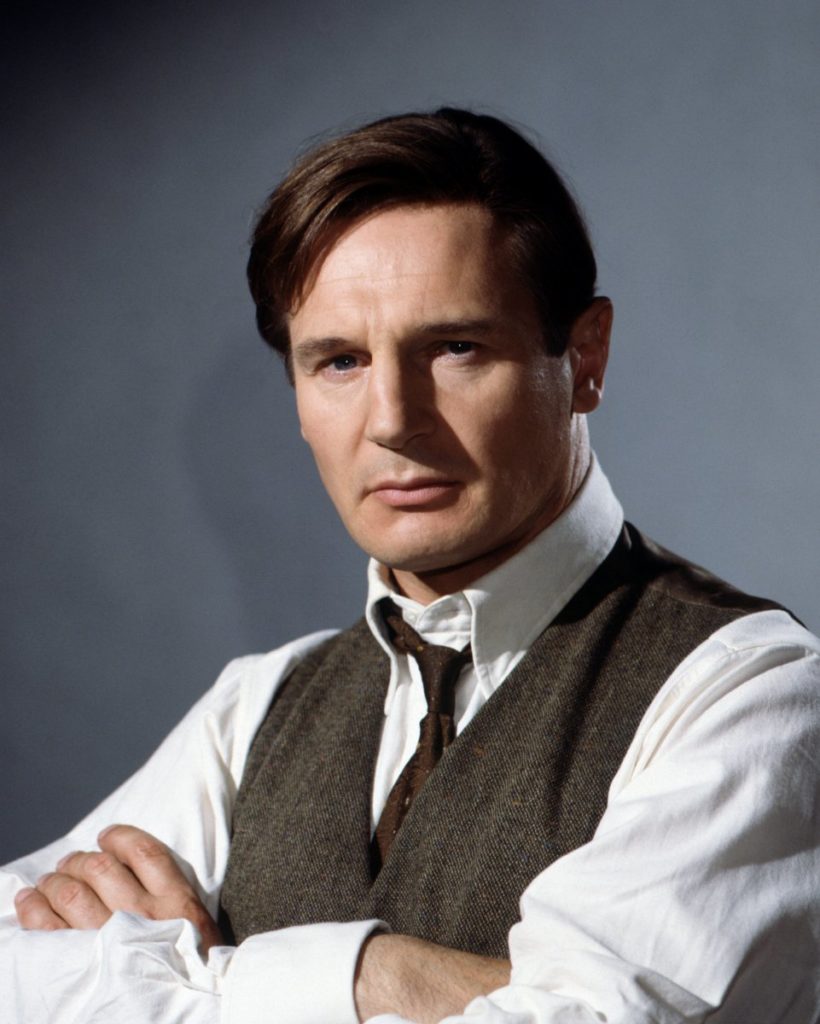
I soon realized it would be necessary to include actual historical figures in my fictional drama. I didn’t know when I began my tale, where Yeats or Churchill or the Countess Markiewicz would pop up… a book has a life of its own and takes you where it wants to go. But soon I realized there was no way to write the story of this passionate time without a host of real people being interspersed with the fictitious.
The Real Historic Figures
James Connolly, the labor leader, Padraic Pearse whose poetic dream became the 1916 Rising, Michael Collins, the IRA leader whose guerilla tactics eventually caused the British government to capitulate. Eamon de Valera, whom Churchill called the Spanish onion in the Irish stew. Winston Churchill… Neville Chamberlain… Prime Minister Asquith. William Butler Yeats and Sean O’Casey representing the literati. All these historical characters populate An Excess of Love along with my fictional men and women.
Real History isn’t Found in History Books
A strange thing happens to you after living, breathing, eating, sleeping the lives of such historical figures… you begin to feel you know them as intimately as you do your own fictional characters. You know
not just what they did, but why they did it, what they must have said to their  wives before leaving for work that day, what they felt as the noose of history closed around them. You know them through their emotions, their inner resources, their hopes, fears, dreams and poetry – not simply as pawns in an historical chess game.
wives before leaving for work that day, what they felt as the noose of history closed around them. You know them through their emotions, their inner resources, their hopes, fears, dreams and poetry – not simply as pawns in an historical chess game.
The soldier who fought in Vietnam or the Gulf wars may have a vastly different perception of the truth than the professor who evaluates it a 100 years from now: those who live through a war have a right to their own peculiar vision of it. Or, as the Irish would say, “A man sleeps easy on another man’s wound.”
An Excess of Love
You know, some irreverent wit has said that if all the nations of the world were asked to write an essay on Camels, the French would write “The Camel and Lovemaking,” the English would write “The Camel and Parliament,” the Germans would write “The Camel and Industry,” and the Irish would write “The Camel and the Fight for Irish freedom.”
We are a bit obsessed with it, I admit. But I’m hoping that once you’ve read an Excess of Love, you’ll understand in your heart of hearts, where the obsession came from.
I think I should probably admit that An Excess of Love is a biased accounting – written entirely from the point of view of the Irish. It’s impossible not to choose a side when one writes in the first person and I’d been raised steeped in Irish music, poetry and eloquent speeches from the dock.
I did my best to tell the truth as I uncovered it , but my sympathies were with the rebels and the poets!
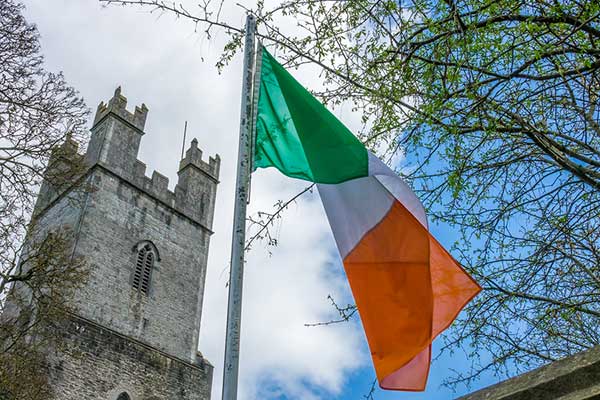
« The Herstory of the Old West | I Meet a Bona Fide Saint in New Jersey! »